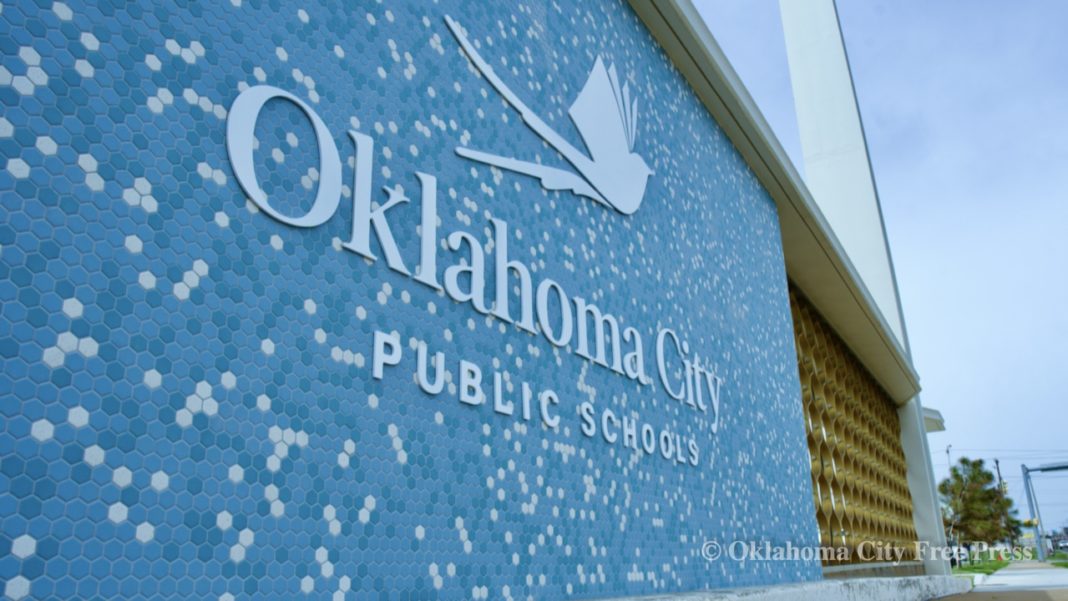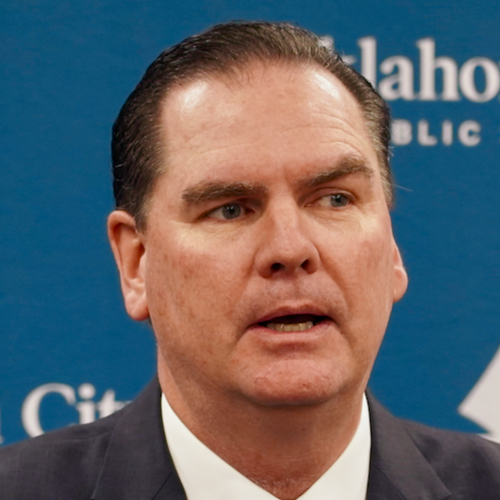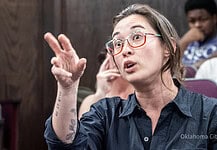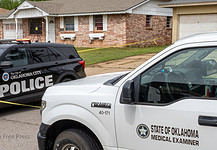Last Updated on May 11, 2021, 11:36 AM | Published: May 10, 2021
OKLAHOMA CITY (Free Press) — The Oklahoma City Public Schools Board of Education passed a resolution 8-0 denouncing recent legislation that bans the use of Critical Race Theory and any kind of teaching that might make white students feel bad about their race.
This comes after House Bill 1775 was passed out of the Oklahoma Legislature and signed by Governor Kevin Stitt Friday.
There were many reassurances issued in Stitt’s signing statement and from the author’s of the bill.
To learn more: Stitt signs HB1775 prohibiting certain types of teaching about race
But, urban teachers and education leaders in the metro are convinced that it is primarily a prohibition on any kind of broad history teaching that considers all of U.S. History not just a sanitized and limited history of white people only.
Critical Race Theory has continued to evolve as a method of looking at U.S. History from a wider lens that takes into account the ways in which American culture has been influenced by economic demands to justify slavery since before the American Revolution.
The Board resolution was simple but drew some impassioned speeches about it and also about dynamics of race within the board itself.
OKCPS Board comments
At least three board members, Ruth Veales, Meg McElhaney, and Mark Mann all referred to the legislation and the signing by Stitt as a “dog whistle” for those who don’t want the truth to be told about the racial history of the United States.
Members Carole Thompson and Carrie Jacobs both said that if HB1775 had been law when they were teaching they would have been breaking the law with the teaching standards and open conversation about race they had in their classrooms.
Veales, the longest to serve on the Board, said that the bill was nothing but an example of “white fragility” meant to protect people who don’t want to stand up to the truth of history.
She went further, though, and criticized Chair Paula Lewis for not agreeing to have those same difficult conversations on the Board in the past.
Lewis apologized during the meeting and afterward in comments to the press saying that she is continuing to learn what the Board and the district needs from her.
Veales said at the end of her remarks about the bill that she was “disgusted” and “despondent” about the latest attempt to cover up the nation’s whole, sometimes ugly, past.
“Can’t be a gray area”
Carole Thompson talked to Free Press after the meeting about the legislation.
The veteran of many curriculum discussions commented about the choices the State Department of Education and then Board of Education would need to make as they adjust the curriculum to match the legislation.
“It’s either going to be a nay or a yea for the state board,” said Thompson. “It can’t be a gray area. They’re either going to have to go with the governor, or go with what’s good for kids. And so let’s see what they say.”
Thompson added, “Good conversations that kids can have and not feel like they’re being pressured or they have to say something is excellent for any learning environment.”
Member Carrie Jacobs was blunt about lawmakers trying to write curriculum from the floor of the Legislature.
“There are plenty of lawmakers who think that because they’ve been in school, that they understand education policy, and that’s not how it works,” said Jacobs.
OKCPS Supt McDaniel
McDaniel’s brief remarks about the matter to the Board Monday mirrored the more extensive statements he made earlier in April when the bill was still in the Oklahoma Legislature.
“HB 1775 appears to be a solution looking for a problem which does not exist,” said OKCPS Superintendent Sean McDaniel after the bill was passed but before Stitt signed it. “OKCPS follows the guidance of OSDE, teaching the state-determined Oklahoma Academic Standards using state-approved curriculum resources.
“We believe it is important that we continue to learn both about and from our past in order to build an enlightened and resilient future.”
He said that the district is already committed to the district’s Vision for Equity Board Policy that commits to “creating, building, and sustaining an environment that embraces racial, ethnic, cultural, and socioeconomic diversity.”
“We have teachers across the district who we trust to make decisions — sometimes life and death decisions — on behalf of our students each and every day,” McDaniel added. “Surely we can continue to trust our educators to guide these difficult yet necessary conversations with our students inside of their classrooms.”
OKCPS is has the highest enrollment of any traditional public school district in Oklahoma.
Founder, publisher, and editor of Oklahoma City Free Press. Brett continues to contribute reports and photography to this site as he runs the business.











